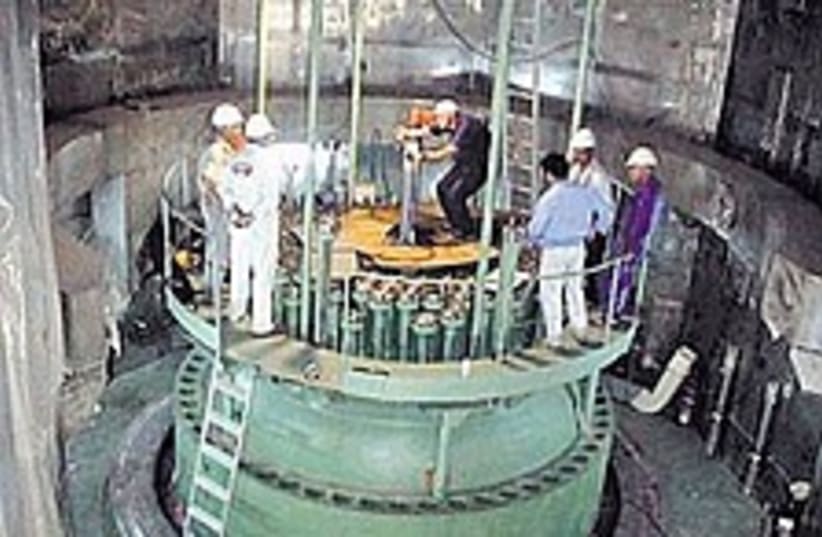| More about: | Caspian Sea, Soviet Union, Nazi Germany, North Korea |
Global agenda: I-ran for cover
The global financial community's way of relating to Iranian nuclear ambitions is quite pertinent.


| More about: | Caspian Sea, Soviet Union, Nazi Germany, North Korea |